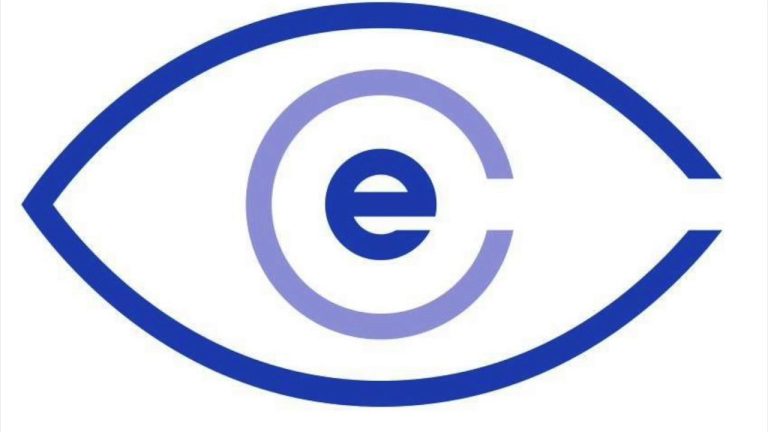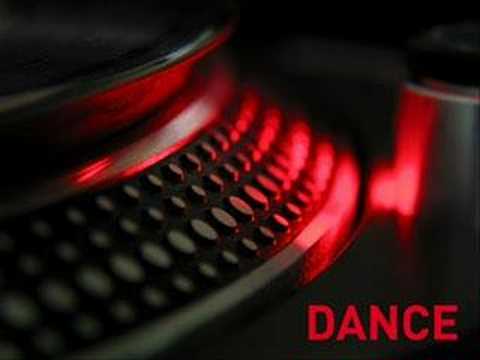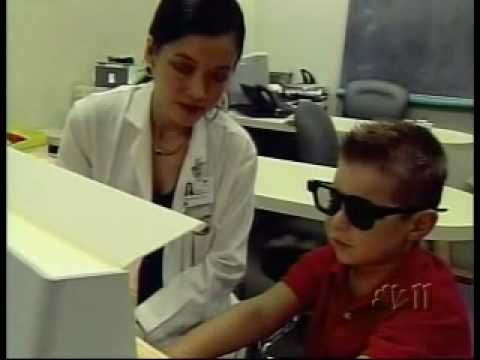Protect Your Child’s Vision with Trusted Contact Lenses for Kids – Our Top Picks!
When it comes to vision care and correcting refractive errors, contact lenses are an option that has gained popularity over the years. While it’s commonly believed that contacts are more suited for adults, children can also benefit from this corrective measure. In fact, contact lenses have been the preferred choice for children with vision problems, who find it more convenient than glasses that can easily get damaged or lost in the playground.
However, parents may have concerns regarding the safety and effectiveness of contact lenses for children. It’s important to understand that contact lenses require proper care and maintenance, which may be challenging for kids. Therefore, it’s important to discuss your child’s specific needs with an optometrist, and weigh the pros and cons before making a decision.
The Benefits of Contact Lenses for Children
While glasses may be the more traditional option, contact lenses provide a number of benefits for children, including:
- Improved vision: Contact lenses sit directly on the eye, providing a wider field of view and clearer vision than glasses.
- Comfortable: Contact lenses are lightweight and comfortable to wear, and won’t slide down the nose or get in the way during sports and other activities.
- Confidence: Children who have concerns about their appearance may feel more confident wearing contact lenses, especially if they have a strong prescription that results in thick lenses.
Selecting the Right Contact Lenses for Your Child
Not all contact lenses are created equal, and it’s important to work with an optometrist to find the right type of lenses for your child’s needs. Here are some factors to consider:
Daily Disposable vs. Reusable Lenses
Daily disposable lenses are a popular option for children, as they require little maintenance and provide a fresh lens each day. However, these lenses may not be suitable for children with certain eye conditions or prescriptions. Reusable lenses require daily cleaning and storage, which may be challenging for children.
Soft Lenses vs. Rigid Gas Permeable Lenses
Soft contact lenses are typically more comfortable than rigid gas permeable (RGP) lenses, but RGP lenses may be a better choice for children with severe refractive errors. RGP lenses are also more durable and resistant to protein buildup, which can be a concern for children who may not clean their lenses properly.
Other Factors to Consider
- Age and maturity level of the child
- Sports and activities the child participates in
- Eye conditions or vision problems the child may have
Ultimately, contact lenses can be a safe and effective option for children with vision problems, but it’s important to work with a qualified optometrist to ensure that the lenses are selected and fit properly. With proper care and maintenance, contacts can provide reliable vision correction and boost confidence for children of all ages.
Contents
Most wanted in Hoya Vision:
What are prism eyeglass lenses?
Hoya Lens Engravings
What brand lenses does Costco use?
Do tinted glasses help with migraines?
What does +0.25 mean on an eye test?
Hoya Identification Chart
Should eyeglasses cover eyebrows?
Does hyperopia worsen with age?
What LED light is best for broken capillaries?
What is the difference between Ray Ban RB and Rx?
















